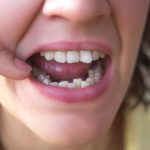Why Do My Teeth Feel Loose? Understanding the Causes and Solutions
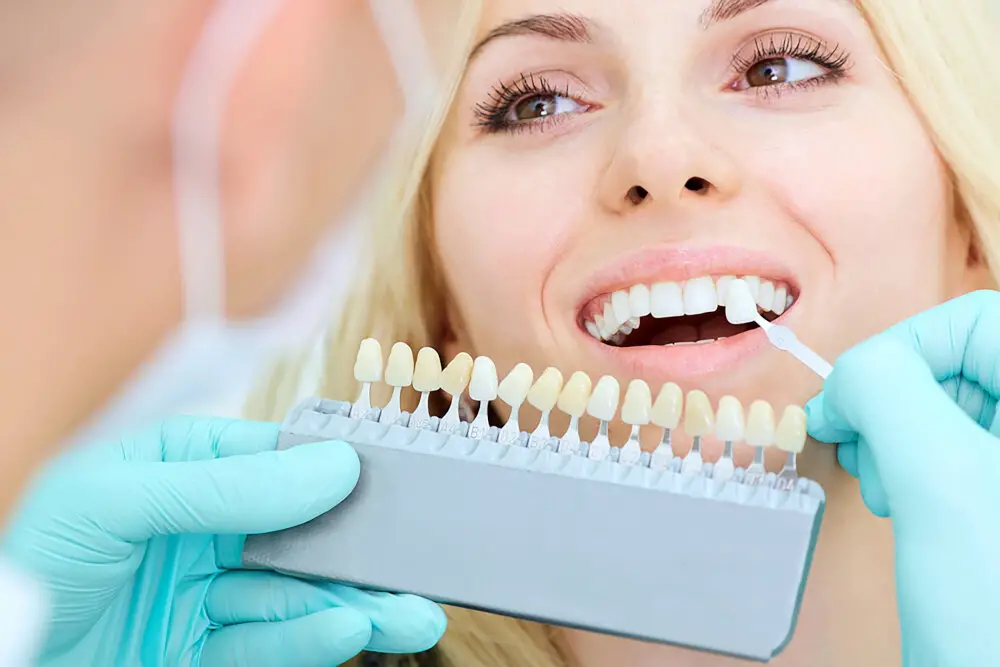
Maintaining good oral health requires more than just brushing and flossing regularly. Sometimes, despite our best efforts, our teeth can feel loose, causing us to worry about our dental health. Loose teeth can be a cause for concern, as they can be a sign of gum disease or other underlying dental problems. Understanding the causes and solutions for loose teeth is crucial to maintaining healthy teeth and gums. There are various reasons why your teeth may feel loose, ranging from poor oral hygiene to accidents and injuries. Some of the most common causes of loose teeth include gum disease, tooth decay, grinding or clenching, trauma to the mouth, and hormonal changes. It is essential to identify the underlying cause of your loose teeth to determine the correct course of treatment. In this article, we will explore the causes and solutions for loose teeth, helping you understand how to maintain optimal dental health and prevent further damage to your teeth and gums.
Loose teeth can be a concerning issue that can indicate different underlying problems. This condition can be caused by various factors, such as gum disease, trauma, or misaligned teeth. Gum disease is one of the most common causes of loose teeth as it can cause the gums to pull away from the teeth, creating pockets where bacteria can accumulate and damage the supporting tissue. Trauma, such as a blow to the face or a fall, can also cause loose teeth by damaging the supporting structure. Misaligned teeth can cause pressure on certain teeth, leading to mobility. Understanding the causes of loose teeth is essential to determine the appropriate treatment and prevent further damage or tooth loss.
Understanding the causes and solutions of loose teeth is of utmost importance for maintaining good oral health. Teeth can become loose due to various reasons such as gum disease, injury or trauma, hormonal changes, and osteoporosis. Identifying the underlying cause is crucial in preventing further damage and finding an effective solution. Neglecting loose teeth can lead to tooth loss, which not only affects a person’s physical appearance but also their ability to eat and speak properly. Therefore, seeking professional dental advice and treatment is imperative in order to prevent further complications and maintain a healthy smile.
Poor Oral Hygiene
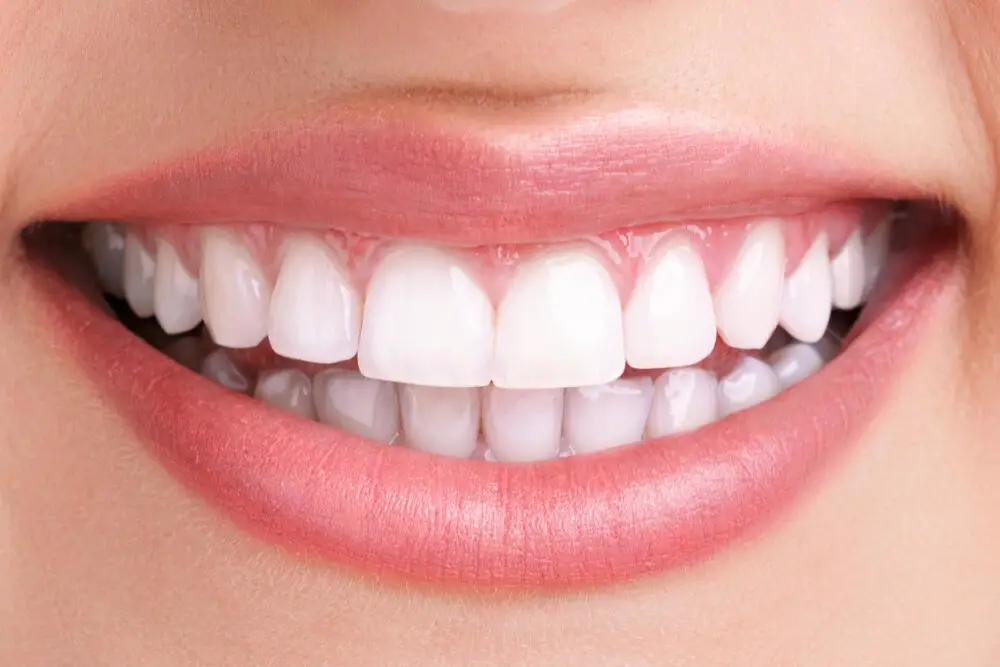
Poor oral hygiene is one of the leading causes of loose teeth. When you neglect your dental hygiene, plaque and tartar accumulate on your teeth and gums. This buildup can lead to gum disease, which is a serious condition that affects the tissues that hold your teeth in place. Gum disease can cause inflammation, bleeding, and pockets of infection around the teeth. Over time, this can cause the gums to recede, exposing the roots of the teeth and making them loose. To prevent loose teeth caused by poor oral hygiene, it is essential to practice good dental hygiene habits. This includes brushing twice a day, flossing daily, and visiting a dentist regularly for checkups and cleanings. In addition to brushing and flossing, there are other steps you can take to maintain good oral hygiene. For example, you can use mouthwash to kill bacteria and freshen your breath. You can also eat a healthy diet that is rich in vitamins and minerals, which can help to strengthen your teeth and gums. Additionally, you should avoid smoking and using tobacco products, as these can increase your risk of gum disease and other oral health problems. By taking care of your teeth and gums, you can prevent loose teeth and enjoy a healthy, beautiful smile for years to come.
Poor oral hygiene can lead to gum disease, which is caused by the buildup of plaque and bacteria around the teeth and gums. Over time, this can cause inflammation and damage to the gum tissue and bone that supports the teeth, resulting in the teeth feeling loose. The bacteria can also attack the ligaments that hold the teeth in place, causing them to become weakened and unable to support the teeth properly. Additionally, poor oral hygiene can lead to cavities and decay, which can further weaken the teeth and make them more susceptible to becoming loose. Therefore, practicing good oral hygiene habits, such as brushing and flossing regularly, can help prevent gum disease and maintain the health of the teeth and gums.
Maintaining good oral hygiene is essential for preventing loose teeth, and there are several ways to improve it. First, brushing your teeth twice daily with fluoride toothpaste is a must. Flossing at least once a day can also help remove plaque and food particles from between teeth. Using an antiseptic mouthwash after brushing and flossing can further reduce bacteria in the mouth. Avoiding sugary and acidic foods and drinks can also prevent tooth decay and erosion. Regular dental check-ups and cleanings are also crucial for detecting and treating any dental issues early on. In summary, good oral hygiene practices can not only prevent loose teeth but also promote overall oral health.
Periodontal Disease

Periodontal disease, also known as gum disease, is a common cause of loose teeth. It occurs when the gums become inflamed and infected due to the buildup of plaque and tartar on the teeth. As the disease progresses, it can lead to the destruction of the bone and ligaments that hold the teeth in place, causing them to become loose and even fall out. Symptoms of periodontal disease include bleeding gums, bad breath, and receding gums. There are several risk factors that can increase the likelihood of developing periodontal disease, including poor oral hygiene, smoking, genetics, and certain medical conditions. Treatment for periodontal disease typically involves a deep cleaning procedure called scaling and root planing, which removes the buildup of plaque and tartar below the gum line. In severe cases, surgery may be necessary to repair the damage caused by the disease. It is important to practice good oral hygiene and visit the dentist regularly to prevent and treat periodontal disease.
Periodontal disease, commonly known as gum disease, is a serious oral health condition that can cause teeth to feel loose. This disease is caused by the buildup of bacteria and plaque on teeth and gums, which can lead to inflammation and infection. As the infection progresses, it can damage the tissues and bone that support the teeth, causing them to become loose and unstable. In severe cases, the teeth may even fall out. It is important to address periodontal disease promptly to prevent further damage and tooth loss. Treatment options include deep cleaning, antibiotics, and surgery in advanced cases.
Periodontal disease, also known as gum disease, is a bacterial infection that affects the gums and bone surrounding the teeth. Symptoms of periodontal disease include red, swollen, and bleeding gums, bad breath, receding gums, and loose teeth. As the disease progresses, pockets may form between the teeth and gums, causing further damage to the surrounding bone and tissue. If left untreated, periodontal disease can lead to tooth loss and other serious health problems. Regular dental checkups and proper oral hygiene, such as brushing and flossing, are important in preventing and treating periodontal disease.
Periodontal disease is a serious oral health condition that affects the gums and supporting structures of the teeth. Treatment options for periodontal disease depend on the severity of the disease. In mild cases, a professional cleaning and improved oral hygiene may be enough to reverse the disease. In more severe cases, scaling and root planing, a non-surgical deep cleaning procedure, may be necessary. In advanced cases, surgical intervention may be required to remove damaged tissue and restore the health of the gums and supporting structures. It is important to seek treatment for periodontal disease as soon as possible to prevent further damage and tooth loss.
Trauma or Injury
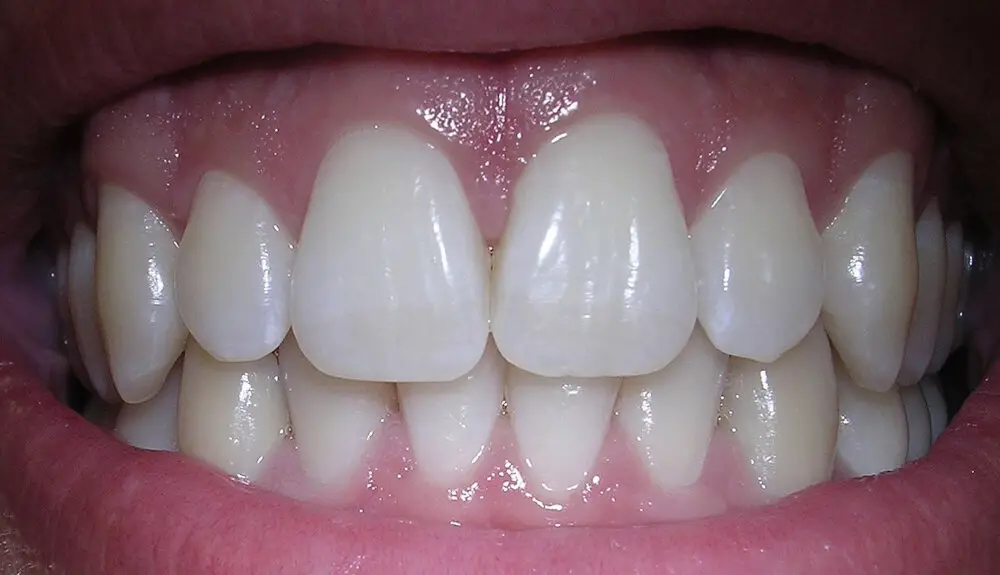
Trauma or injury is one of the most common causes of loose teeth. When a person experiences a blow or injury to the mouth, the teeth may become loose or even fall out. Trauma can occur during sports activities, accidents, or even from biting down on something hard. The severity of the injury can vary from a minor crack in the tooth to a complete dislodging of the tooth from the socket. When the tooth is loose, it can be painful and uncomfortable, and it can also affect a person’s ability to chew and speak properly. If you have experienced trauma or injury to your teeth, it is important to seek dental care immediately. Your dentist will examine your teeth and determine the extent of the damage. Depending on the severity of the injury, your dentist may recommend a range of treatments, including splinting or bonding the tooth to prevent further movement, root canal therapy to save the tooth, or even extraction if the tooth cannot be saved. While loose teeth due to trauma can be frightening, with timely dental care, most people are able to regain their oral health and function.
Trauma or injury to the mouth can cause teeth to feel loose due to the damage caused to the ligaments and tissues that hold the teeth in place. These ligaments are responsible for keeping teeth firmly rooted in the jawbone, and when they are damaged, the tooth may become loose or even fall out. Additionally, trauma or injury can cause the bones that support the teeth to become fractured, leading to a loss of stability in the affected tooth. This can also result in discomfort or pain when biting or chewing. It is important to seek dental treatment promptly if you experience any trauma or injury to the mouth to prevent further damage and ensure the best possible outcome for your oral health.
Trauma or injury to teeth is a common occurrence that can happen due to various reasons. One of the primary reasons is physical impact, which can result from accidents, falls, or sports-related injuries. Other causes can include biting down on hard objects, grinding or clenching teeth, and even dental procedures like extractions or root canals. Gum diseases like periodontitis, which can cause the gums to recede, can also lead to teeth becoming loose. Additionally, certain medical conditions like osteoporosis or cancer treatments can weaken the bones, including those in the jaw, leading to loose teeth. Proper oral hygiene and regular dental checkups can help prevent such injuries and ensure early detection and treatment of any underlying conditions.
If you experience loose teeth due to trauma or injury, there are several treatment options available depending on the severity of the condition. In minor cases, the tooth may reposition itself and heal on its own. However, it is important to seek dental care immediately to ensure there is no damage to the root or surrounding tissue. In more severe cases, a splint or brace may be applied to stabilize the tooth while it heals. In some cases, a root canal or extraction may be necessary to prevent further damage or infection. It is important to maintain good oral hygiene and follow any recommended treatment plans to ensure the best possible outcome.
Other Causes of Loose Teeth

Loose teeth can be caused by a variety of factors beyond gum disease. One of the most common culprits is bruxism, or teeth grinding. This condition can occur during the day or at night and can lead to the gradual loosening of teeth over time. Bruxism can also cause other dental problems such as tooth sensitivity and jaw pain. If you suspect that you are grinding your teeth, it is important to seek treatment from your dentist to prevent further damage to your teeth and gums. Another cause of loose teeth is trauma to the mouth. This can occur from a sports injury or even something as simple as biting down too hard on a piece of food. When a tooth is knocked loose, it is important to seek immediate dental attention to ensure that it is properly repositioned and stabilized. Failure to do so can lead to permanent tooth loss or other complications. In some cases, a tooth may not be salvageable and will need to be extracted and replaced with a dental implant or bridge. Overall, it is important to be aware of the potential causes of loose teeth and to seek prompt dental care if you experience any changes in your oral health.
Loose teeth can be caused by a variety of factors, including hormonal changes and medical conditions. Hormonal changes such as those experienced during pregnancy or menopause can cause changes in the gums and bone surrounding the teeth, leading to loose teeth. Medical conditions such as osteoporosis, which causes a decrease in bone density, can also lead to loose teeth. Additionally, gum disease, trauma to the mouth, and poor dental hygiene can all contribute to loose teeth. It is important to identify the underlying cause of loose teeth in order to determine the appropriate treatment and prevent further damage to the teeth and gums.
Determining the cause of loose teeth can be a difficult and multifaceted process. One possible cause may be periodontal disease, which is characterized by the inflammation and infection of the gums and bone that support the teeth. Other potential factors may include trauma or injury to the mouth, hormonal changes, genetic predisposition, or even excessive grinding or clenching of the teeth. In order to properly diagnose the root cause of loose teeth, it is important to seek the advice of a dental professional, who can evaluate the condition of your teeth and gums, take X-rays, and recommend an appropriate treatment plan. Early intervention and proper oral hygiene practices can often help to prevent further damage and preserve the health of your teeth and gums.
Loose teeth are a common dental problem that can affect anyone at any age. The primary reason behind loose teeth is poor oral hygiene, which leads to gum disease, a bacterial infection that attacks the gums and the bone that supports the teeth. Other factors that contribute to loose teeth include trauma or injury to the mouth, such as a sports injury or a fall, hormonal changes, such as those that occur during pregnancy or menopause, genetic factors, medical conditions such as diabetes and osteoporosis, and lifestyle habits such as smoking and excessive alcohol consumption. If left untreated, loose teeth can lead to tooth loss, which can have a significant impact on your oral health and overall well-being.
If you’re experiencing loose teeth, it’s important to seek professional help as soon as possible. Loose teeth can indicate a number of underlying dental problems, such as gum disease or tooth trauma, and prompt intervention can help prevent further damage. A dentist will be able to perform a comprehensive examination to determine the cause of the looseness, and develop a treatment plan tailored to your specific needs. Ignoring the problem may lead to tooth loss, an uncomfortable bite, and other dental problems. Seeking professional help can help you maintain optimal oral health and ensure your teeth remain strong and healthy for years to come.
Maintaining good oral health is crucial to prevent loose teeth. It is essential to brush twice a day with fluoride toothpaste, floss regularly, and visit the dentist every six months for a check-up and cleaning. Avoid sugary and acidic foods and drinks as they can damage the enamel and cause tooth decay. Smoking and tobacco use are also major contributors to loose teeth as they can weaken the bone that supports the teeth. Eating a healthy diet rich in calcium, vitamin D, and other essential nutrients can help strengthen the teeth and bones. If you experience any symptoms of loose teeth, such as pain or bleeding gums, seek immediate dental attention to prevent further damage.
Conclusion
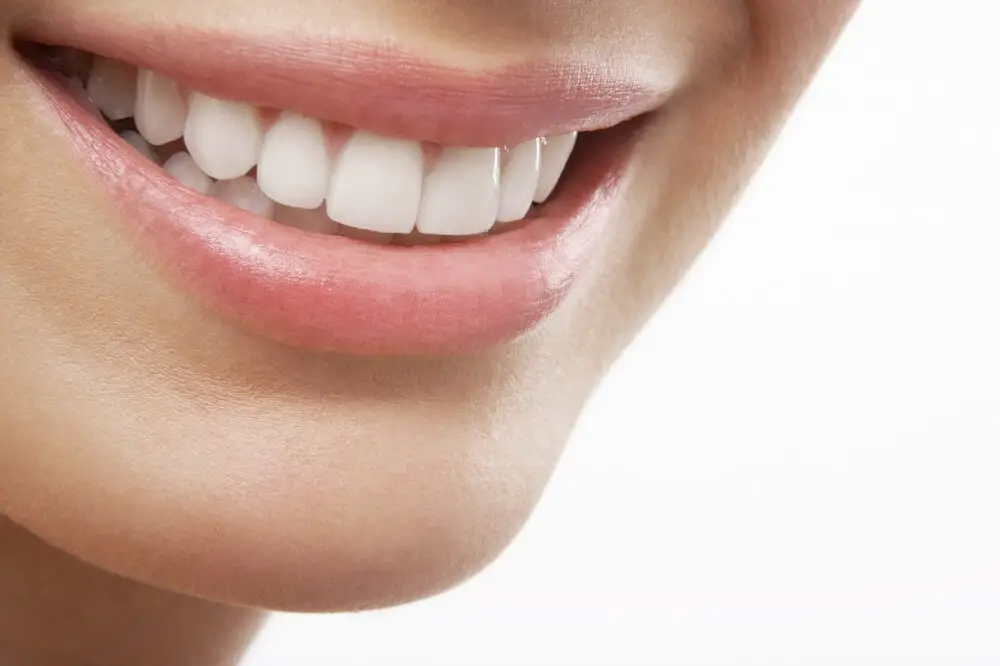
In conclusion, loose teeth can be a concerning issue that requires prompt attention from a dental professional. The causes of loose teeth can vary from gum disease to physical trauma or even hormonal changes. It is essential to maintain good oral hygiene habits, such as regular brushing, flossing, and dental check-ups, to prevent and identify any potential problems early. Treatment options range from deep cleaning and scaling to more invasive procedures such as gum surgery or dental implants. It is crucial to address loose teeth promptly to prevent further damage and maintain optimal oral health. By understanding the causes and solutions for loose teeth, individuals can take the necessary steps to protect their teeth and maintain their beautiful smiles.






